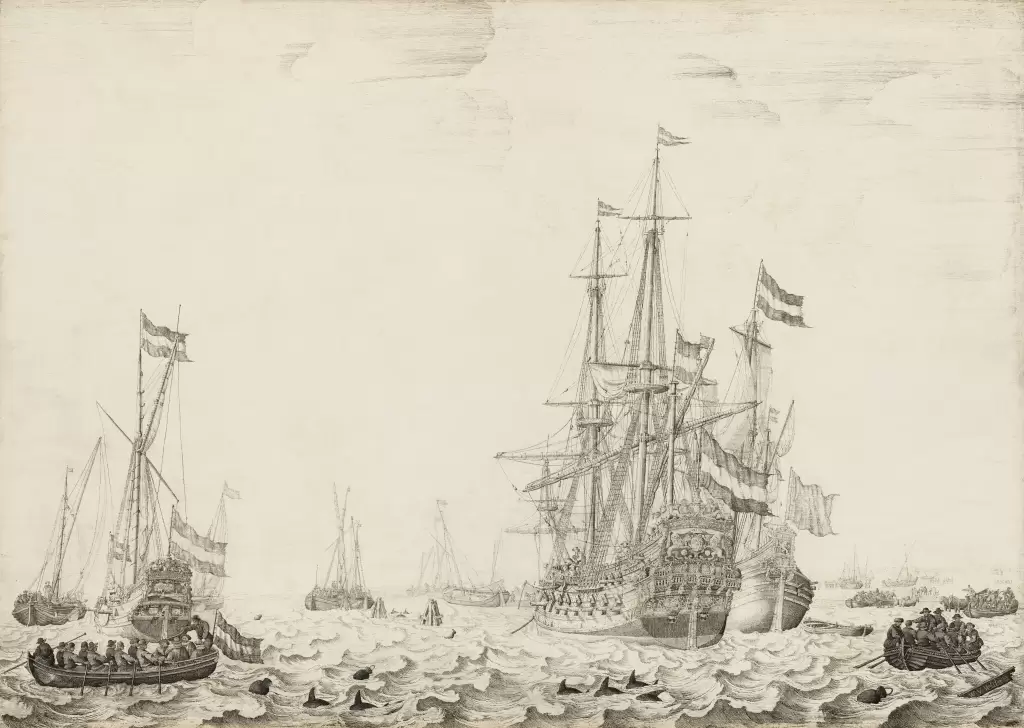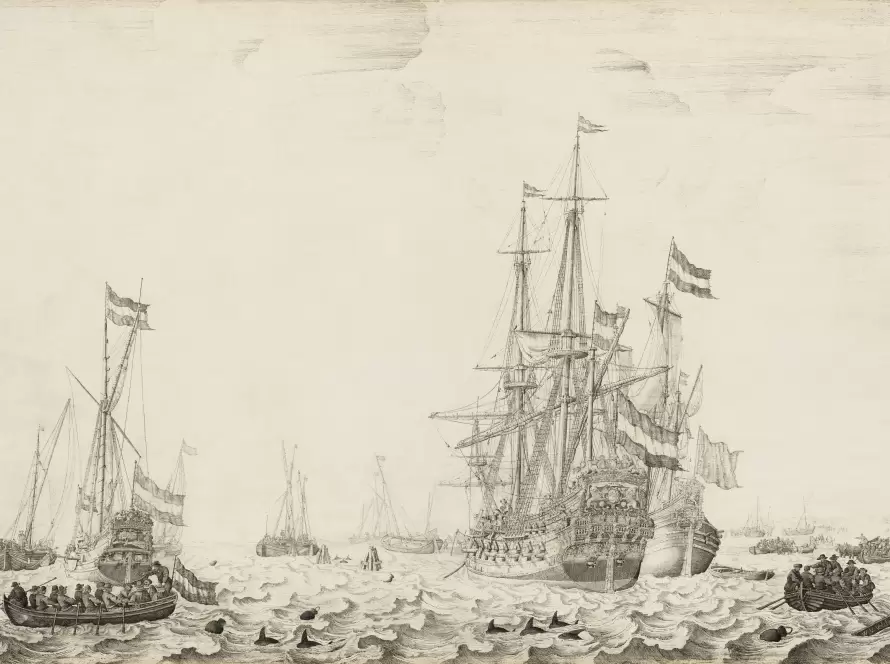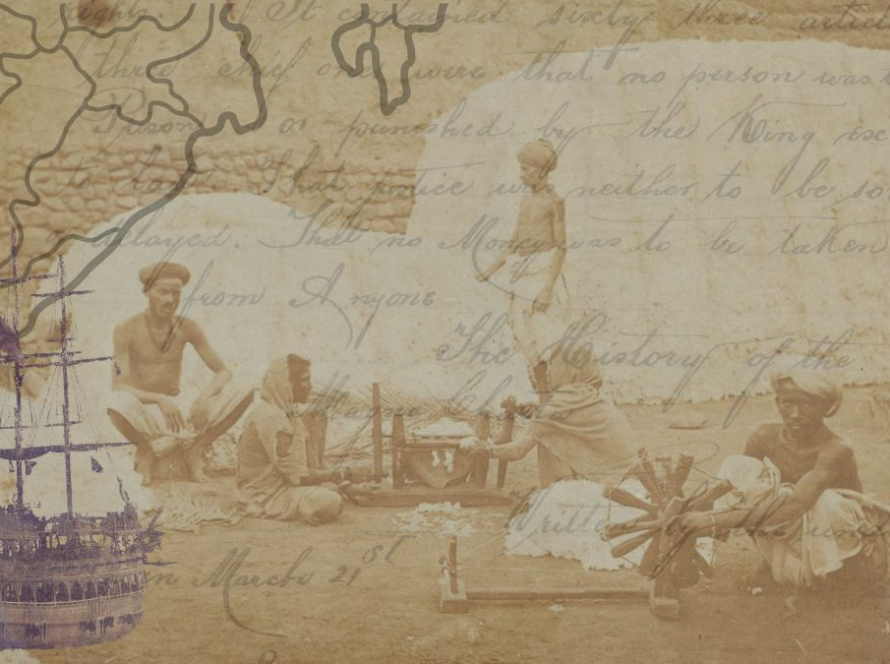Interlocking Spheres: Natural Dyes, Knowledge Transfer, and the Rise of Chemical Dyes
Indian mastery of natural dyes like indigo, madder, and chay root was unparalleled, with techniques such as mordant printing and direct dye painting creating vibrant, colorfast textiles. These innovations, combined with the availability of high-quality dyestuffs, positioned India as a leader in global textile production. Indian textiles transformed European markets, where prior methods relied on pigments and gum-like substances, producing non-washable prints. The allure of Indian techniques led to knowledge transfer through dye manuals and experimentation, influencing European practices and sparking innovations like Turkey red, inspired by India’s chay-root dyeing process.
However, the shift to synthetic dyes in the 19th century marked a turning point. Sir William Perkin’s accidental discovery of mauvine in 1856 and subsequent innovations like synthetic alizarin and indigo disrupted traditional dyeing practices. By 1897, companies like BASF and Hoechst commercialized synthetic indigo, which replaced 95% of industrial use within 15 years. Chemical dyes required less expertise, were cheaper, and suited industrial machinery, diminishing demand for artisanal dyeing. Europe’s industrial advancements overshadowed India’s artisanal methods, accelerating the decline of Indian textile dominance.
This transition wasn’t merely technological but deeply tied to colonization and exploitation. The industrial-scale cultivation of indigo relied heavily on slave labor and colonial extraction, commodifying Indian knowledge while undermining local economies. By the early 20th century, Europe had transformed textile production into an industrial powerhouse, leaving India’s centuries-old dyeing traditions in decline. This underscores how technological shifts, fueled by colonization and industrialization, reshaped global textile hierarchies, pushing India to the periphery.


